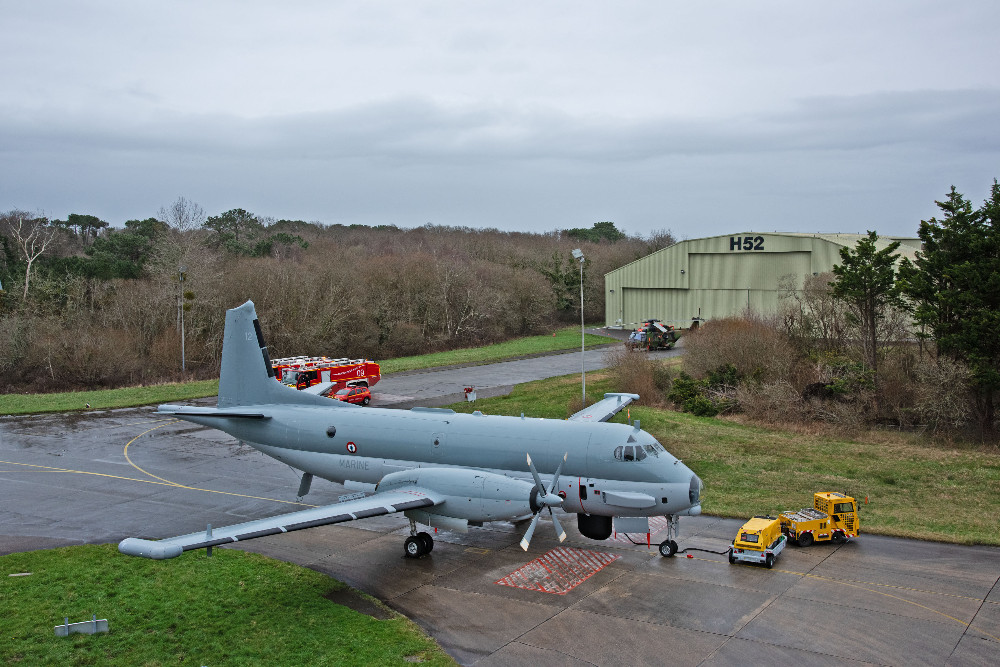Abstracts
Articles in the French and English editions of RDN this month
Strategic uncertainties and political ambiguities* - Pierre Hassner
Europe as a political force: cards on the table* - Pierre-Emmanuel Thomann
The place of PPP and outsourcing in reform - Thierry Cambournac
If public-private partnerships (PPP) and outsourcing projects are to be successful, they have to be compatible with operational requirements and also follow four guiding principles: that there is a free market that regulates pricing, that a long-term supply exists to meet the need, that overall cost is substantially lower in the long term and that there are ways to redeploy personnel.
New commitments and privatisation: just how far should we go? - CHEM attendees
Increasingly, private organisations are becoming involved in armed conflicts in a supporting role, as an alternative option or as an extension of the armed forces. Why is this tradition being revived, and where is the limit?
Institutionalised public-private partnerships - Jean-Pierre Bansard
To reach the targets set in the defence spending plan covering the period 2009-2014, from which savings have already been spent on as yet unpaid-for equipment orders, the Ministry of Defence will need to develop new partnerships with willing industrial concerns. Feedback from British and German experience of PPP shows that institutionalised public-private partnerships can provide tailored solutions and be a key to performance.
Europe’s eastern limits - Antoine Kuruneri-Millet
Finding a place for Europe in the new world order calls for a realistic and inspiring European project. Eastern Europe is an area full of contrast though bogged down by uncertainty arising from the Russian strategy of renewed economic domination of the EU’s eastern limits. A fresh dialogue with Russia is called for.
The Caspian, a linchpin of energy supplies - Fazil Zeynalov
As well as being an essential link between Eastern Europe and Central Asia, the Caspian Sea is an abundant energy source of strategic importance. European and Russian companies come into conflict in the area, as do those of China and the United States. How interests will pan out lies in the hands of Central Asian countries.
Russian military doctrine: a doctrine for nothing? - Jean-Christophe Romer
On 5 February, Russia published the third version of its military doctrine since the end of the Cold War, a document that brings virtually nothing new to the posture of the Russian Federation. The time is perhaps right to end debate and analysis and to look anew at a pan-European security treaty.
The Collective Security Treaty Organisation - Guy Vinet
In June 2008 the Russian President Medvedev launched an international political initiative aimed at the adoption of a new pan-European security treaty. His widely welcomed proposal incidentally inspired interest in an organisation little known in the field of Euro-Atlantic geopolitics, the Collective Security Treaty Organisation (CSTO). This article takes a look at it and how it might play a role in regional security issues against a background of competition from NATO in the west and the Shanghai Cooperation Organisation (SCO) in the east.
A look at Russia - Olivier Védrine
Russia both intrigues and worries us. This country, of which we know remarkably little, is having to face up to major economic and political challenges without the guiding or constraining rules of the old democracies of Western Europe. How can we prevent the many misunderstandings about the country from creating new schisms in Europe?
European security and conventional arms control* - Yves Joly
Outsourcing warfare? - Emmanuel Taboni
Why not subcontract or privatise war? Indeed, why not, so long as the same reactivity and levels of security and operability as those offered by regular forces can be achieved? That said, such a formula must not be an excuse for getting round lack of capability.
The risk society and warfare - Paul-Marie Vilbé
For many sociologists, our times are characterised by omnipresent risk, and they speak of the risk society or even the risk civilisation. Clausewitz said that war is like a chameleon, in that each country wages it in its own fashion according to the mores of contemporary society. Here, we take a look at how the impact of a risk culture has modified our way of waging war.
Education on the violence of war - Laurent Duranti
The increasing sterility of debate surrounding current conflicts ill prepares our generation for the violence of warfare. There is an urgent need to re-educate people on the legitimacy of use of force, and thus prepare public opinion for the commitment of forces in theatre.
Defence and the protection of biodiversity: preconceived ideas and the reality - Élodie Bonin-Laurent
The Ministry of Defence is the biggest property owner in France. Its concern for biodiversity is manifest in a number of activities, special protocols and new partnerships, as revealed in this article.
The Force Employment Concept* - Cyril Bourdeau de Fontenay
* The full text of articles marked with an asterisk is published in the English edition of this month’s RDN.






_astronaut_Sophie_Adenot_(jsc2025e058846_alt).jpg)

